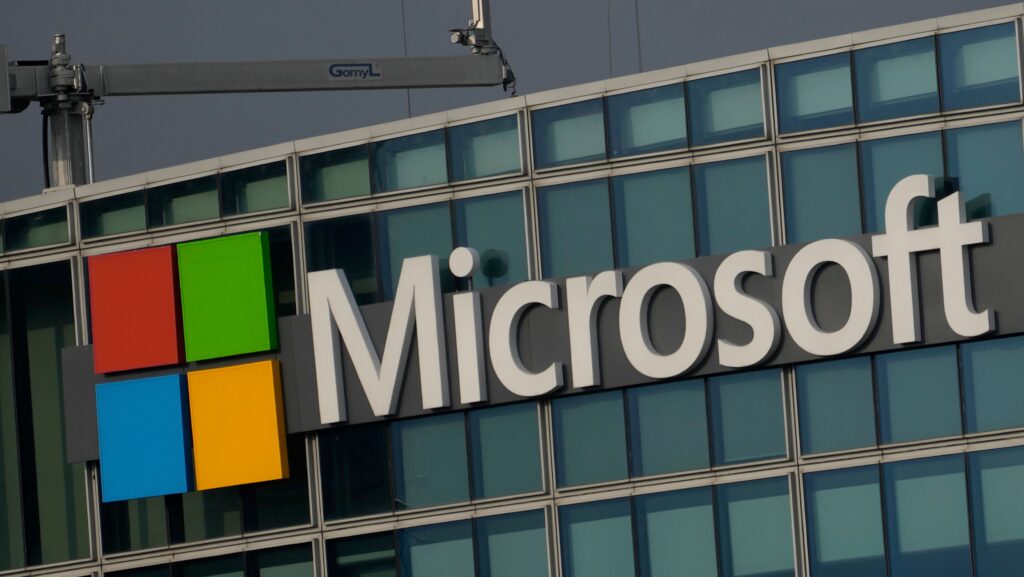
In a move that’s got the tech world buzzing louder than a server farm on overdrive, Microsoft has thrown down $30 billion to supercharge the UK’s AI landscape. Announced on September 16 amid a flurry of transatlantic handshakes, this isn’t just pocket change, it’s the software giant’s largest investment outside the US, spanning 2025 through 2028. As we hit the two-week mark, let’s unpack what this means for jobs, infrastructure, and the delicate dance between ambition and reality.
The Big Bet: What $30 Billion Buys You
At its core, Microsoft’s pledge splits into two hefty chunks: $15.5 billion in capital expenditures to beef up cloud and AI infrastructure, and the rest fueling day-to-day operations across the pond. Picture this: the birth of the UK’s largest supercomputer, packed with over 23,000 NVIDIA GPUs, courtesy of a partnership with UK startup nScale. This beast will crunch AI workloads like never before, supporting everything from healthcare diagnostics to climate modeling.
Geographically, the action is spreading out. A new data center is slated for Waltham Cross, just north of London, building on existing hubs in London, Wales, and potentially Northern Ireland. While Manchester hasn’t been name-dropped yet, the multi-site strategy hints at broader regional boosts, keeping the UK’s AI ambitions from being too London-centric.

The Shadow Side: Can the Grid Handle the Heat?
But hold the applause, critics are already sounding alarms. The UK’s power grid, one of Europe’s creakiest, is staring down a surge in energy demands from AI data centers. With 100 new facilities projected in the coming years, experts warn of connection bottlenecks and skyrocketing costs that could hobble scaling. Microsoft’s push aligns with UK government efforts to expand electricity capacity, but without a renewables overhaul, this “moonshot” risks blackouts over breakthroughs. It’s a stark reminder: AI’s promise is only as strong as the plugs it pulls from.
Looking Ahead: Rollout and the Startup Spark
The rollout will begin in earnest next year, with supercomputer and data expansions leading the charge through 2028. While specific grants for startups have not yet been detailed, the overall ecosystem suggests that accelerator programs and funding pools may follow, potentially fueling the next wave of UK AI unicorns.
Ultimately, Microsoft’s $30 billion investment is not just about technology; it’s a geopolitical move aimed at strengthening US-UK ties under the Trump-Starmer AI Action Plans. For innovators, this investment serves as a catalyst for growth; for skeptics, it serves as a warning about the challenges of sustainable scaling. Regardless, the UK’s tech scene has undoubtedly reached a new level. What’s your perspective: is this a game changer or a potential setback?